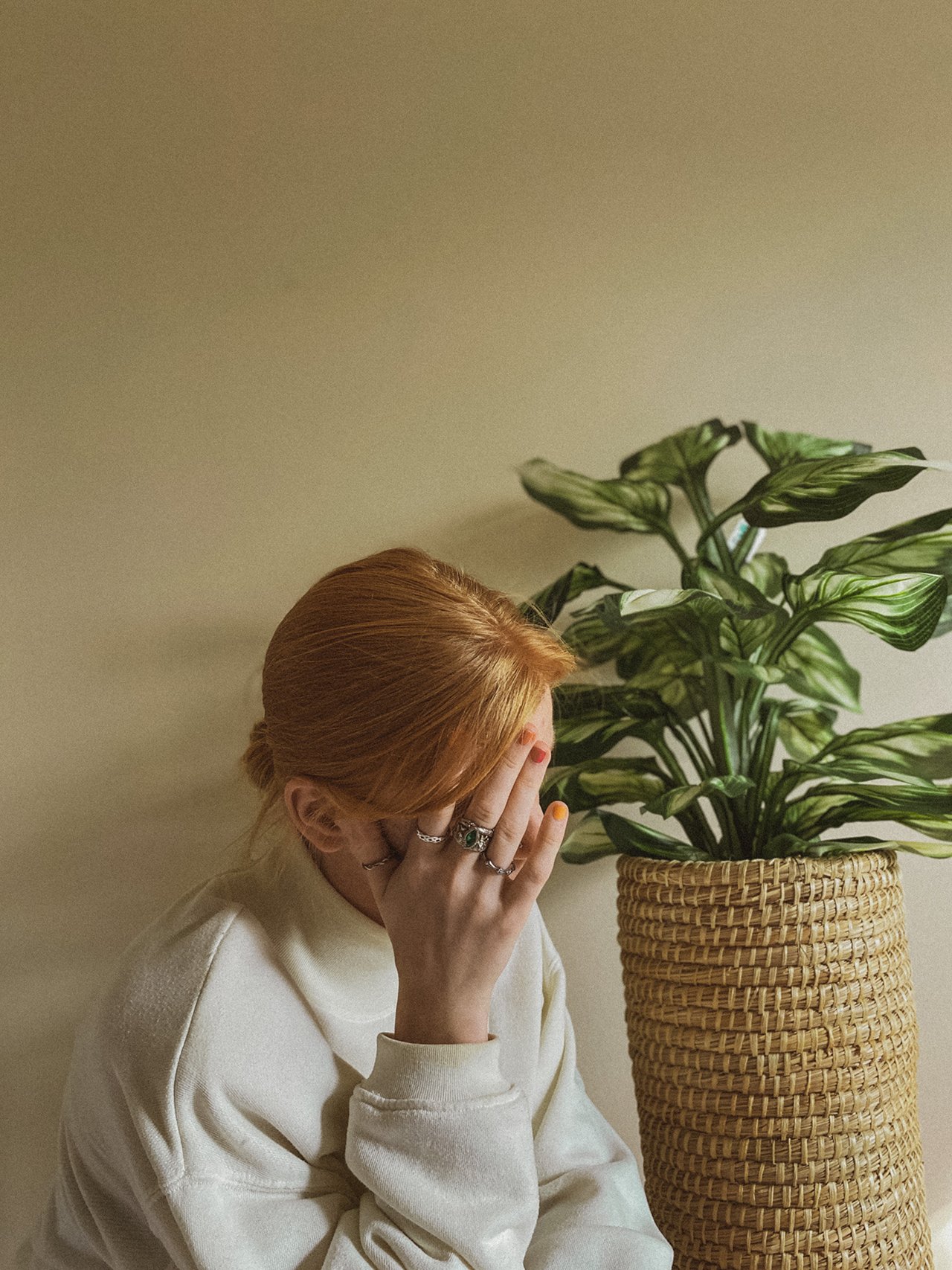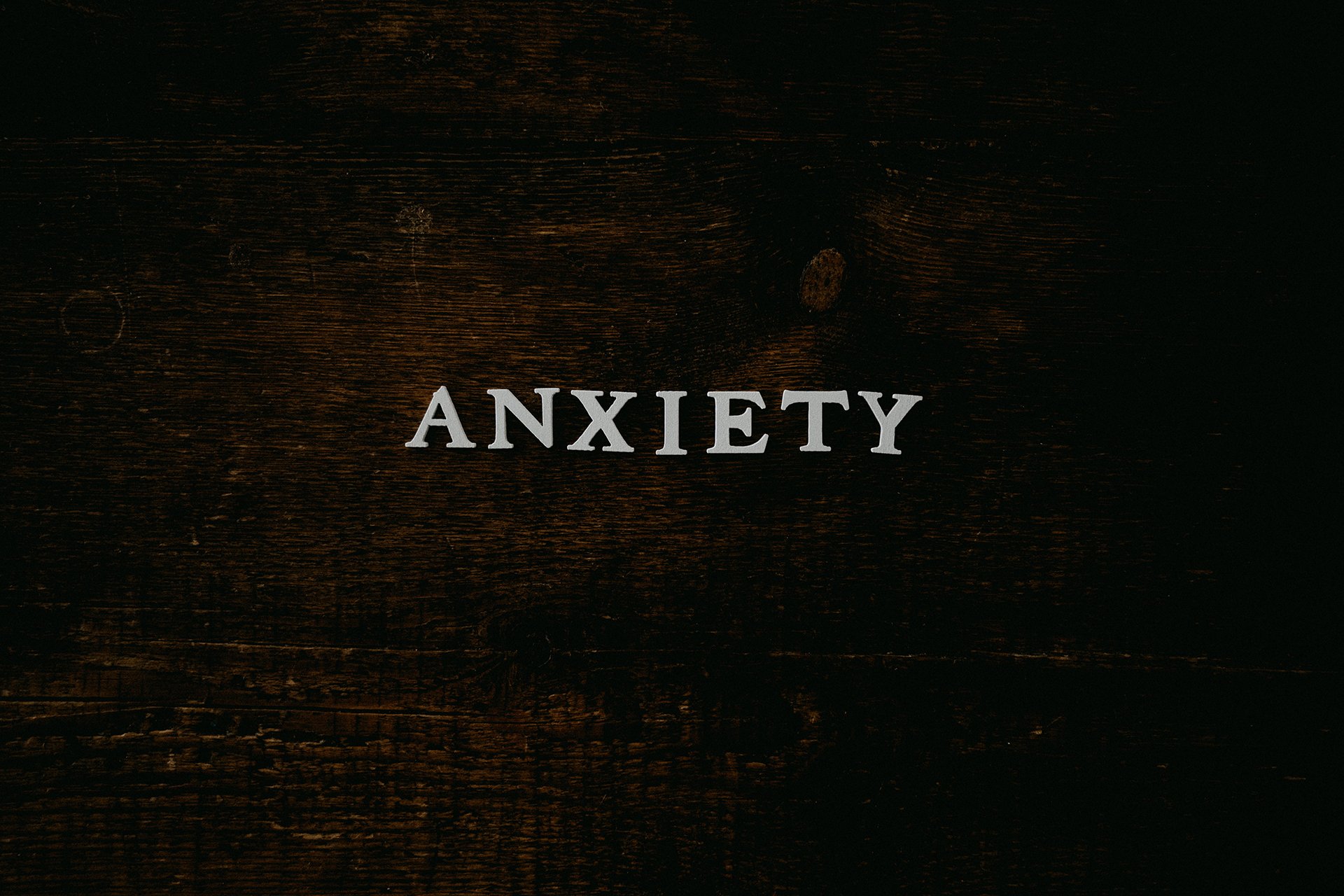Is There a Reason Why Your Anxiety Tends to Occur Around the Same Time of Day?
Does your anxiety tend to make an appearance at a particular time of the day? You could be feeling a persistent worry when you first wake up or even when you are at work. Anxiety is one of the most common mental health conditions you can have, with over 40 million people affected. This intense worrying can feel like an obstacle if swimming thoughts interferes with your ability to fulfill your responsibilities.
It is important to remember that just because anxiety happens to you at a particular time of the day does not mean you have to let it. It is about finding the right tools to help you cope when this anxiety occurs. On the bright side, being aware of your anxiety patterns at a particular time of the day can help you prepare yourself. Knowing why your anxiety tends to occur around the same time of day will help you cope in the future.
 Morning Anxiety
Morning Anxiety
Your body conditions itself to feel anxious when you feel like something bad will happen during certain times of the day. If the work you do is nerve-wracking because of projects or your co-workers, your anxiety will kick in then. Think of what is causing your anxiety. For example, maybe too much caffeine is why you are so anxious in the morning. See what happens when you cut it down.
People may experience anxiety only in the morning because ruminating thoughts occur about how the day could turn out. You already anticipate a stressful day before anything has happened. Or, maybe you find your inbox daunting, causing higher anxiety in the mornings or after a weekend.
Afternoon Anxiety
Research has said that anxiety tends to occur more in the afternoon compared to any other part of the day. It could be because you know you have a schedule of activities waiting for you. The transportation of bringing yourself to work, childcare duties, meetings, and more can make your heartbeat faster than usual. If the same events occur around this time of the day, your mind will remember it.
Another trigger to anxiety can be that you predict you will be tired by the evening. Knowing you have so much to finish will lead to ruminating thoughts and negative thinking.
 Evening Anxiety
Evening Anxiety
Like afternoon anxiety, evening anxiety could come from feeling burnout after a long day. Now that the day is over, it leaves more time to ruminate on how your day went, how stressful it was, and dreading how tomorrow will be. If your evening anxiety occurs because you are thinking about your busy schedule for the next day, make a to-do list for tomorrow. That list might be smaller than you think.
Anxiety can lead to insomnia if these ruminating thoughts take over your mind. You cannot help but think that you will have to repeat this day the next day, keeping you awake. Knowing you experience anxiety in the mornings, afternoons, or evenings will also make you even more anxious.
How to Overcome Recurring Anxiety
First, get to know your anxiety by asking yourself questions:
- When do you experience anxiety?
- What thoughts and symptoms do you experience?
- How would you rate your anxiety?
- Did something happen the day before to cause this anxiety?
Now that you have analyzed your anxiety, do something to change the pattern. For example, if you know your anxiety happens at work in the afternoon, take a lap around the office on your break to destress yourself. At the end of a long workday, you can do a puzzle or read to bring your mind elsewhere.
Because anxiety is a part of life, you cannot avoid it. Instead, challenge these negative thoughts and ask yourself if what you are thinking is true or just an exaggeration. If you are still struggling with reoccurring anxiety, a mental health professional will show you how to combat your thoughts.


